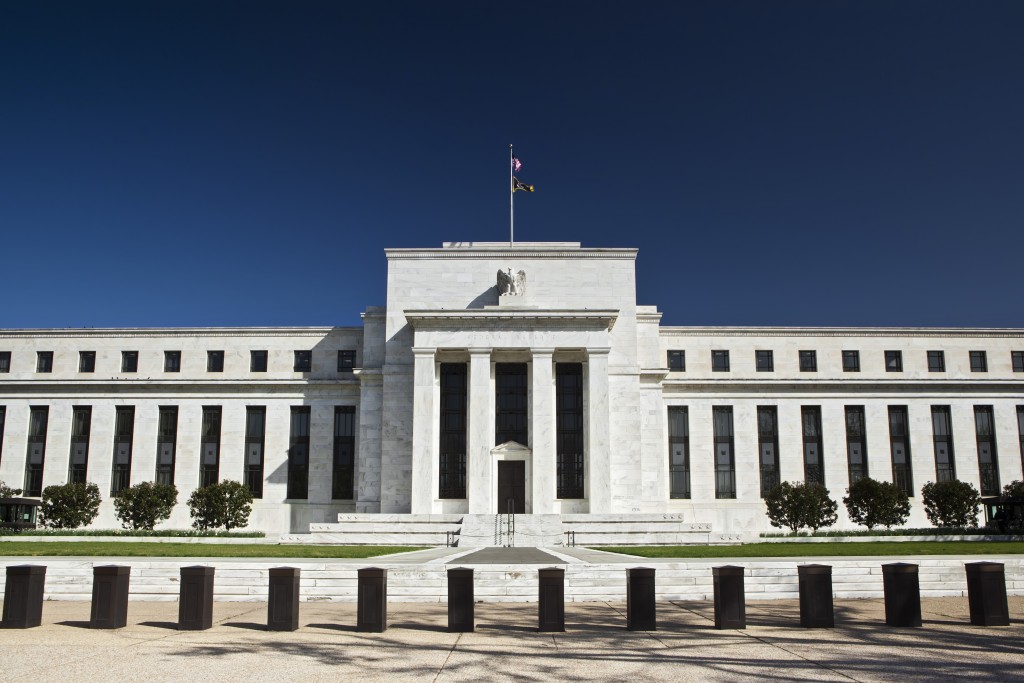At the n+1 website, Jonathan Levy reviews Crashed: How a Decade of Financial Crises Changed the World by distinguished historian Adam Tooze. Levy’s review, which also provides a brief and compelling history of the capitalist world economy since World War II, lauds Tooze’s macroeconomic account of the 2008 financial crash. It’s less complimentary, however, of the link Tooze draws between the recovery and the rise of Trump and similar “populist” politicians. Blaming this mismanaged recovery for Trump, suggests Levy, obscures how the capitalist economy has been tending towards increased volatility and inequality for decades. Here’s an excerpt:
Crashed is undoubtedly a major contribution to making sense of the 2008 crisis and its global aftermath. But the book itself manifests a symptom of its subject. As global finance recovers, the narrative in the second half of the book bogs down in the contingent blow-by-blow of political events. Much of Tooze’s post-2008 crisis narrative follows politicians playing catch-up, as they recalibrate their tactics given the ever-shifting landscape of capital mobility. Crashed begins to cover politics, the dependent variable, which can never quite get a grip on the global economy of liquid capital flows. The book struggles in the end to pin down the exact relationship between politics and economics, but that is hardly Tooze’s fault. The relationship is elusive in Crashed because it is in fact elusive. Liquid capital defies narration.
According to Tooze, the fact that Trump commonly makes little sense when he speaks—including about trade—reveals that the political establishment never dealt “factually” with the economic crash. In 2009 Bernanke said he saw “green shoots” of economic recovery. In 2010 the Eurozone and the IMF then practiced “extend and pretend” on Greek debt payments. In 2011, referring to economic and monetary policy in the EU, Jean-Claude Juncker, the current president of the European Commission, admitted, “When it becomes serious, you have to lie.” There was never an honest discussion about the benefits and the costs of the global macroeconomy being sewn back together, and the economic suffering many ordinary people endured to achieve it while the bankers got off scot free. The Fed’s operations were technical, reported in the back pages. This was post-truth politics before Trump.
Image: The US Federal Reserve in Washington, DC. Via PBS.
